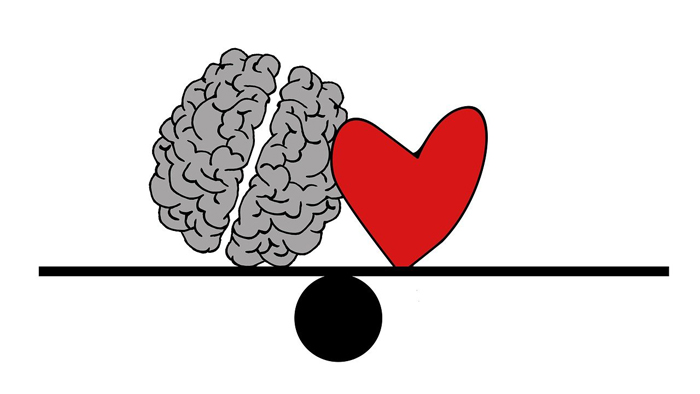
Do you feel more fear lately or do you experience a stronger sense of conquering it in most aspects of your life?
Fear has been the sharp edges of my life.
I’ve acquired an advanced degree in fear. See, right here on my resume where it says, “If tired, hungry, irritated, or confused, fear becomes my best friend. It accounts for all my failures to cope, persevere, overcome, banish.” I can be one of the most afraid people I know, and I have worked to switch that around to become one of the bravest and fear-less elders in my community – well, almost.
When we were younger and parents to small children, we were the ones who helped instill fear fighting tactics: “See, there’s no boogeyman in the closet or under your bed. That light in the hall – or stuffed bear in your arms — will keep you safe.” We were all the reassurance needed to instill calm and to dispel fear.
What happened? Was it a life full of incidents and close calls, either for ourselves or others we knew? Was it just being made aware in this instantaneously transmitted news world of all the horrible things that can go wrong? Perhaps my fear was pushed over the top during the last fifteen months when horrible events have been completely out of our control. I wish I’d been paying attention during this time to how I’ve opened myself to a greater fear, instead of focusing on gratitude and calmness.
Things I fear include: all the health-related aspects of aging, like becoming fully dependent but cognitively aware, gaining weight, losing my beloved pet, not being able to afford my lifestyle, losing friends and loved ones, COVID will last forever, and hurting others.
Main Fear Fighting Tools
I’ve found two compelling ways to combat my fear and both ways are free and ready to be utilized by me and anyone else.
Courage is the most powerful tool in our armory for tackling the amount of fear in our lives and how we respond to it. We can build up our courage and face our fears by doing the following three things: 1) acknowledge any fear that arises, 2) imagine the worst that can happen in any scenario that creates fear, and then 3) let go after you’ve done 1 and 2. I’ve heard that ‘courage is fear that has said its prayers.’
We’re afraid if we have enough or if we are enough. Spiritual connection is another tool to combat our – mostly irrational – fear of the unknown. Let go of what others think, stay centered on your fears that belong to you and are not fodder for casual discussion with others and, finally, engage in positive self-talk with positive affirmations. While you don’t need to present yourself as always being totally fearless, it is empowering to act as if, as if you’re not as afraid as you feel inside.
Finally, I hope you are able to see, even with the tiniest of glimmers, that you can heal fear and its damaging effects in your life. Give yourself the space, love, and time to let it be replaced by courage and confidence.


We discussed the same “fear” at the spiritual class yesterday morning. Our answer was grace and intuition.
Grace and intuition are excellent tools for combating fear! Kudos, Dottie!